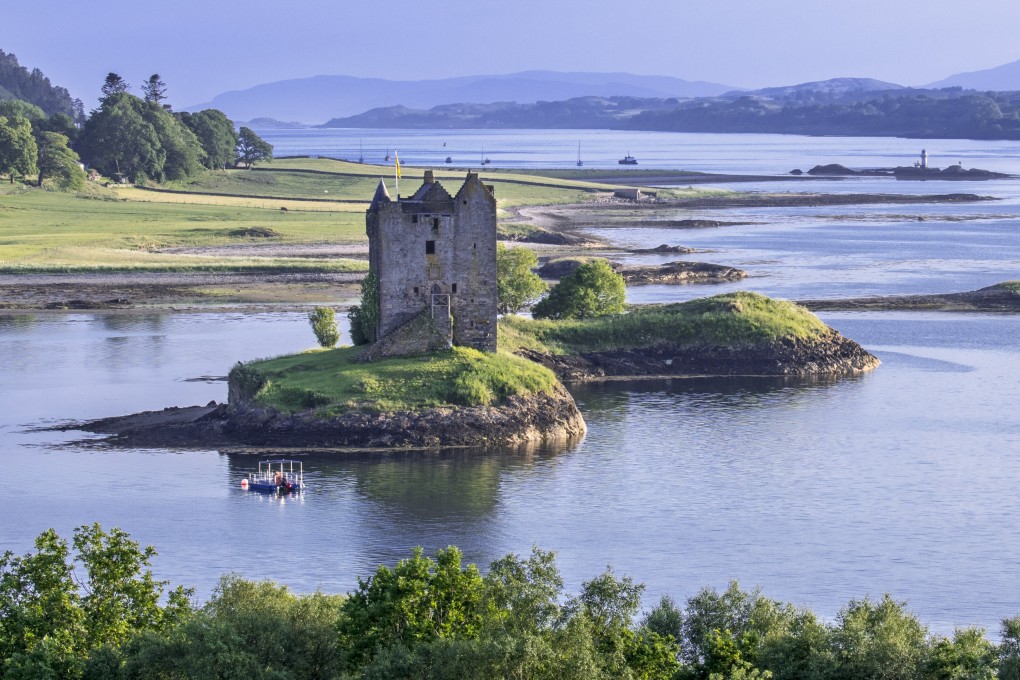First national tourist board to declare a climate emergency, VisitScotland is putting sustainable tourism and the environment first
- VisitScotland has signed up to the growing Tourism Declares initiative that backs a global shift in destination marketing to help combat climate change
- The tourist board will rethink how it promotes Scotland to long-haul markets such as Hong Kong

Much loved for its whisky distilleries, epic road trips, mysterious lochs (lakes) and craggy mountains, these days it is sustainability that is propelling Scotland into the limelight. VisitScotland has become the first national tourist board to declare a climate emergency, by joining the global Tourism Declares initiative.
The initiative’s 165 signatories, which include tour operators, travel agents and membership groups, acknowledge the science stating that “we have to act now to cut global emissions in half over the next decade” and agree to work together to seek solutions.
VisitScotland has developed a climate action plan and will publicly share progress towards meetings its goals. It has pledged to align with the Scottish government’s climate target of reducing carbon emissions by 75 per cent by 2030 (the government itself declared a climate emergency in April 2019).
The target is in line with current Intergovernmental Panel on Climate Change advice to reduce carbon emissions to 55 per cent below 2017 levels by 2030, to keep planetary warming to within 1.5 degrees Celsius of pre-industrial levels.

“We want to set out our vision for the future of responsible tourism and how sustainability, inclusivity and communities will be major focuses for us in the years to come,” says Malcolm Roughead, chief executive of VisitScotland. “Our declaration is a reaffirmation of our commitment to place responsible tourism firmly at the heart of everything we do.”